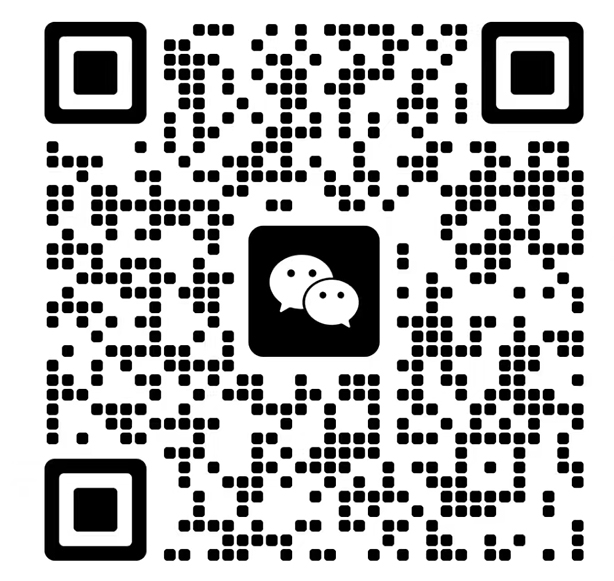About Dominca
Country Name : The Commonwealth of Dominica
Area : 751 square miles
Population : 72,000 (as at 2014) - Ethic Group is mainly Black. Official language is English.
Capital : Roseau with around twenty thousands population
Important Festival : Independent Day - 3rd of November
Head of State : President Charles Angelo SAVARIN, sworn in office in October 2013
History
The Caribs, who settled here in the 14th century, called the island Waitikubuli, which means 'tall is her body'. Christopher Columbus named the island after the day of the week on which he spotted it - a Sunday ('Doménica' in Italian) - which fell on 3 November 1493 on his second voyage.
In 1761, a British expedition against Dominica led by Lord Rollo was successful and the island was conquered along with several other Caribbean islands. After France was defeated by Britain, it ceded the island to the British under the Treaty of Paris (1763). In 1778, during the American Revolutionary War, the French mounted a successful invasion with the active cooperation of the population. The 1783 Treaty of Paris, which ended the war, returned the island to Britain. French invasions in 1795 and 1805 ended in failure. The 1805 invasion burned much of Roseau to the ground.
In 1763, the British established a legislative assembly, representing only the white population. In 1831, reflecting a liberalization of official British racial attitudes, the Brown Privilege Bill conferred political and social rights on free nonwhites. Three Blacks were elected to the legislative assembly the following year. The abolition of slavery in 1834 enabled Dominica by 1838 to become the only British Caribbean colony to have a Black-controlled legislature in the 19th century.
In 1961, a Dominica Labor Party government led by Edward Oliver LeBlanc was elected. After the federation dissolved, Dominica became an associated state of the United Kingdom on February 27, 1967 and formally took responsibility for its internal affairs. LeBlanc retired in 1974 and was replaced by Patrick John who became the islands' first Prime Minister.
On November 3, 1978, the Commonwealth of Dominica was granted independence by the United Kingdom.
CURRENCY
The currency used in Dominica is the Eastern Caribbean Dollar, a common currency issued by The Eastern Caribbean Central Bank (ECCB) to all eight members of the ECCU, which has been pegged to the US Dollar at the rate of USD1= XCD 2.7169 since 1977, providing certainty and stability in exchange transactions.
ECONOMY
Dominica’s main exports are agricultural, which include coffee, cocoa, bananas, citrus fruits and tropical fruits. Manufactured products which it exports are rum, timber and soap and tourism remains an important driver of the economy, along with agriculture.
POPULATION
Dominica is populated with 70,000 people, with 20,000 of those inhabiting the capital city Roseau and the other major city being Portsmouth. With a vibrant entwinement of European and African cultures, Dominica is home to the Caribbean’s only remaining population of pre-Columbian Carib Indians. The official language of Dominica is English while the most dominant religion is Roman Catholicism.
Education
Education in Dominica is compulsory free education from ages 5 to 16. There have 81 schools, including 64 Primary Schools, 16 Secondary Schools and one University (Dominica State College). Number of Students is approximate 18 thousands.

